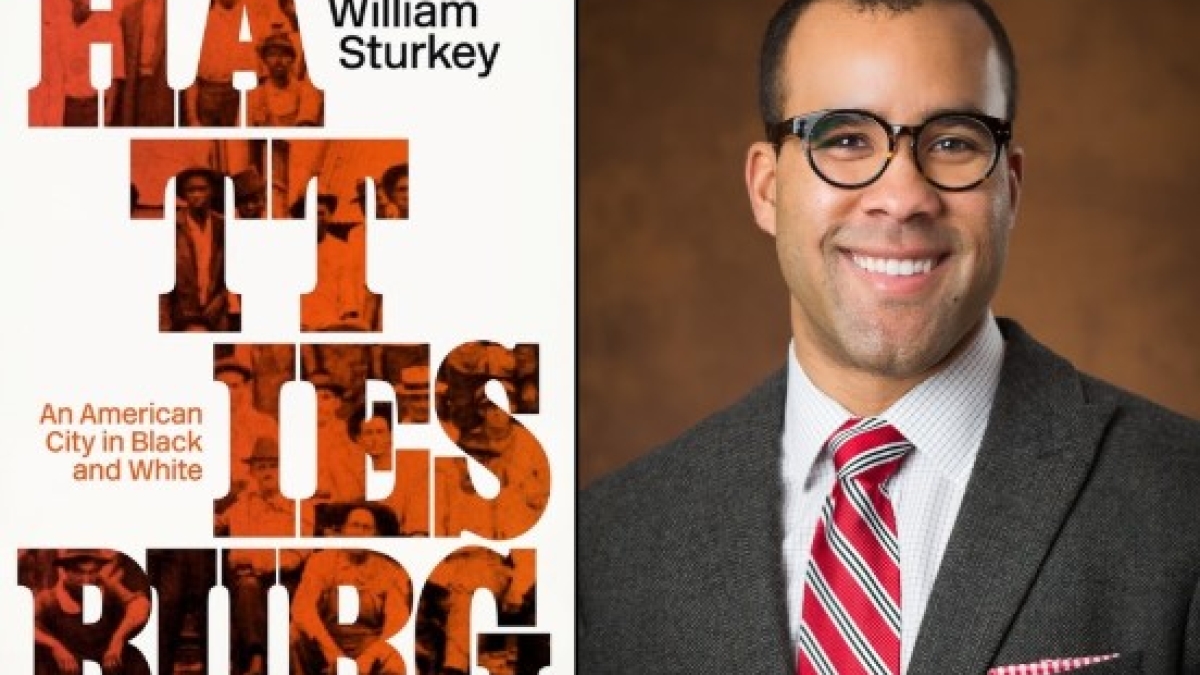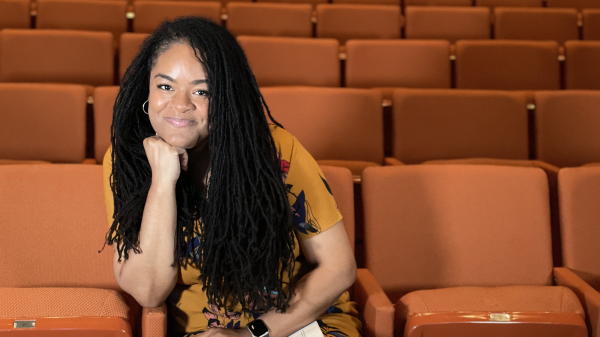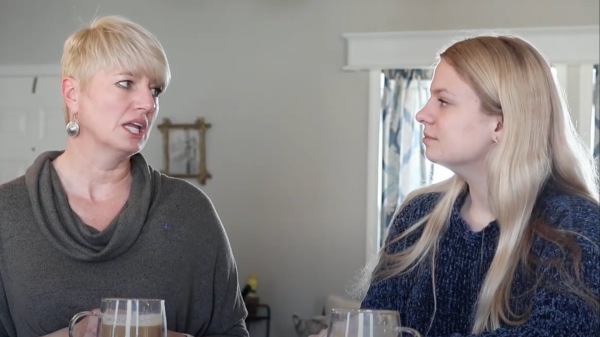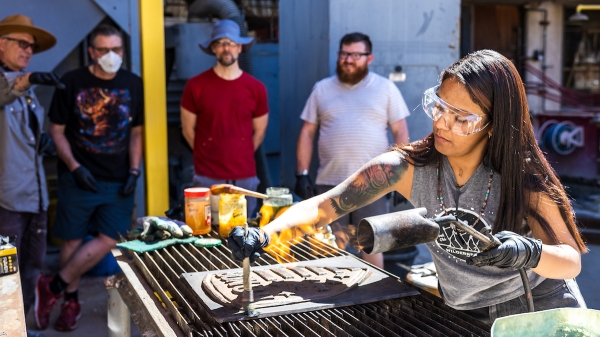'Hattiesburg' historian honored with 2020 Zócalo Public Square Book Prize

In between the Emancipation Proclamation of 1863Under U.S. President Abraham Lincoln, the Emancipation Proclamation freed millions of enslaved African Americans in Confederate States under federal law. and the Civil Rights Act of 1964The Civil Rights Act of 1964 outlawed discrimination based on race, color, religion, sex or national origin and ended racial segregation in schools, employment and public accommodations., there lived a century of history rarely told for the millions of African Americans who built the American South. It is a history of foundation and family, opportunity and oppression, segregation and survival, and tragedy and triumph. It is also the history of Hattiesburg, Mississippi, as told by the winner of this year’s Zócalo Public Square Book Prize, William Sturkey.
Sturkey, a professor of history at the University of North Carolina at Chapel Hill, is earning national recognition for his nonfiction title "Hattiesburg: An American City in Black and White" — a book the New York Times describes as “a study in unintended consequences.” Zócalo Public Square, an ASU Knowledge Enterprise, presents its top book prize honor to literary works that explore our understanding of community and Sturkey’s book, about the building and dismantling of segregationist laws in the southern United States through the stories of several generations of Hattiesburg residents, hit all the right notes for Zócalo.
“Each year since 2011, we have honored the author of the best nonfiction book recently published in the U.S. that enhances our understanding of community and the forces that impact human connectedness and social cohesion,” said Moira Shourie, executive director of Zócalo Public Square. In this unprecedented moment of social distancing, these themes take on an even greater sense of urgency.”
Sturkey’s “Hattiesburg” offers a detailed study of the historical, economical and cultural roots of Jim Crow in the southern United States through personal profiles of black and white residents of the Mississippi city.
“Hattiesburg is alluring because a lot of the conversations that we have been having about memory and identity and who we are naturally exclude African Americans who for over 100 years lived in between slavery and complete freedom,” Sturkey said. “Many built rich, incredible lives and communities in places like Hattiesburg, and I don’t think we have been able to fully tell that story until recently.”
Sturkey discussed his book in detail during a livestreaming event on May 20 titled "How Do Oppressed People Build Community?" The event included an exchange with noted Yale University historian David W. Blight.
Video by Zócalo Public Square
Sturkey calls the recognition from Zócalo a “terrific honor.”
The book prize event honoring Sturkey and his book also included an introduction by Zócalo Public Square’s new board chair Krist Novoselić. Best known as the co-founder of the influential rock band Nirvana, Novoselić was instrumental in selecting Sturkey’s book for this year’s top honor, having previously served as a member of Zócalo’s board and a judge for the Zócalo Book Prize.
Concurrent to its annual book prize, Zócalo also honors a work of poetry that best evokes a connection to place — literal, imaginary or metaphorical in landscape. This year, the Zócalo Public Square Poetry Prize is awarded to Jai Hamid Bashir for her poem “Little Bones.” Bashir also delivered a reading of her poem at the book prize presentation.
More Arts, humanities and education

ASU Gammage Scholar and MFA student forges path to her future
Editor’s note: This story is part of a series of profiles of notable spring 2024 graduates. Theater was an escape and an outlet…

Data science student investigates Arizona education system, reform through Steve Jobs Archive fellowship
Arizona State University student Brinlee Kidd was one of nine people across the U.S. chosen for the inaugural Steve Jobs Archive…

'Devils in the Metal': ASU vet leads iron cast workshop for former service members
Bruce Ward believes everyone has a symbol of strength or resilience, and they have an obligation to find it. His happens to…
